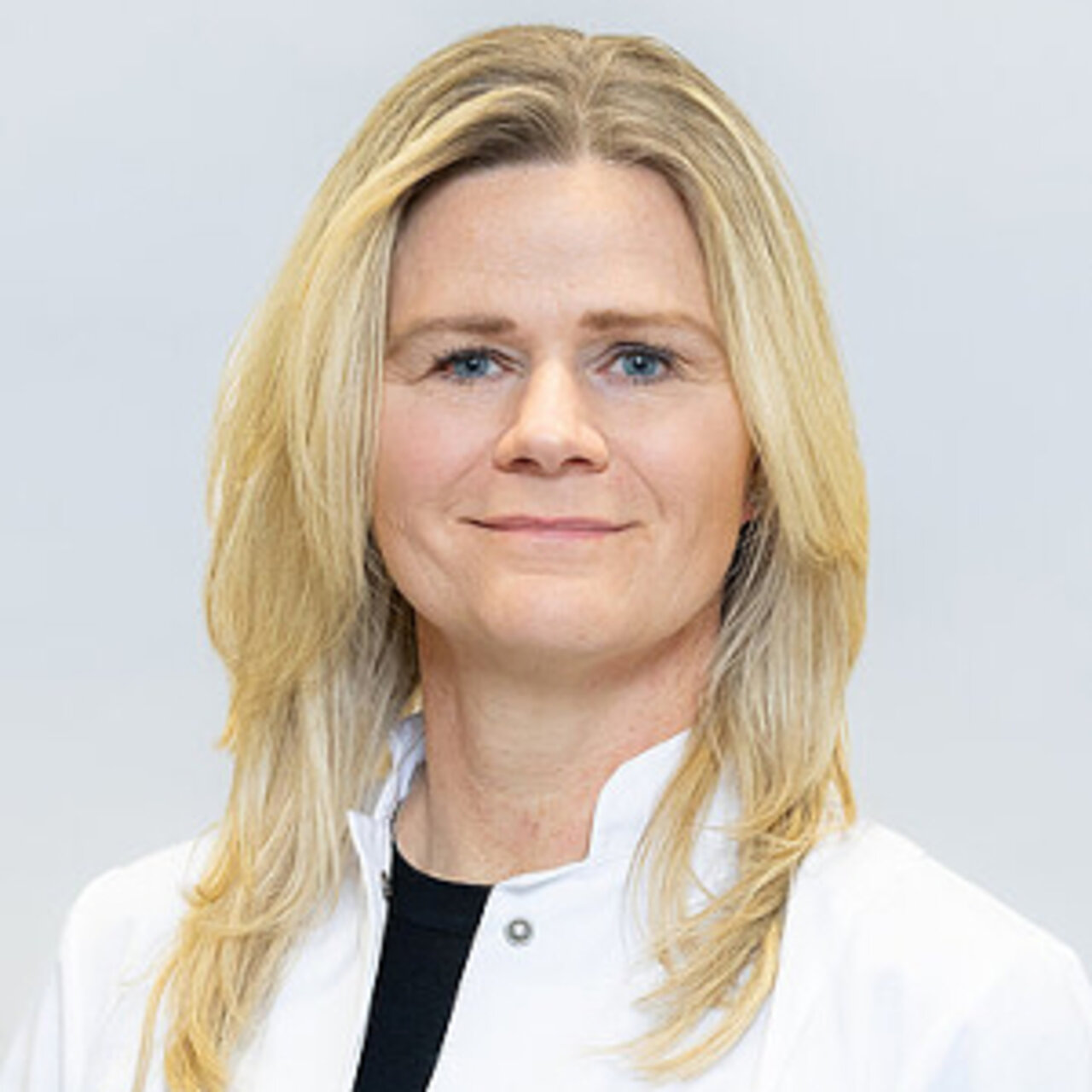Specialists in Dementia
1 Specialist found
Information About the Field of Dementia
What is dementia?
Dementia refers to a disorder affecting a person’s retentiveness with the loss of congnitive abilities. This disease entails far more than simply memory loss as attention, intellectual capability, orientation or processing of language may be disturbed as well. Dementia is a condition affecting individuals of older age.
What are the different types of dementia?
Generally, primary and secondary dementia can be distinguished. While secondary dementia is caused by another underlying disease, primary dementia occurs without the presence of an underlying condition. Alcohol abuse, vitamin deficiency or metabolic disorders are examples for such causes.
Primary dementia can in turn be classified into subtypes:
- Alzheimer disease
- Vascular dementia
- Mixed dementia
- Frontotemporal dementia
- Parkinson dementia
- Lewy body dementia
What are the first signs of dementia?
The initial symptoms are disturbances of mostly the short-term memory. Therefore it’s hard for patients to retain and express new information. Also tasks involving multiple steps can no longer be carried out due to the diminished memory. As the diseases progresses, also orientation in time and space can be disturbed. This becomes evident especially when patients enter a new environment or if they are woken up at night. Orientation in regular daily routine and familiar circumstances can be maintained for a long period of time. Dementia patients also complain about reduced concentration and restricted ability to judge, making them incapable of contracting.
In later stages, patients can no longer recognize persons from their own close circle. Also mood changes are possible. The symptoms mentioned above can bring about feelings of insecurity, inability to cope and fear, as well as shame. As a result, patients may isolate themselves from their surroundings and other people.
Diagnosis of dementia
Diagnosing dementia is not an easy task, as age-related brain capacity must be distinguished from an actual pathological capacity. The slow onset of the disease may often hide the symptoms. Therefore, a thorough conversation with a physician that has been seeing them for a long period of time as well as with relatives can yield a first impression. Examinations to exclude causes of any secondary dementia should be carried out. These involve blood tests as well as neuroimaging studies, such as CT examinations.
Various tests provide information about the presence and severity of the disease. Initially, the most commonly applied test is the Mini-Mental-State-Examination which tests the following areas:
- Orientation in time and space
- Memory
- Attention
- Concentration
- Labelling
- Speech intelligibillity
- Recognition and reproduction of complex patterns
Can dementia be cured?
Primary dementia comprises a group of disease which can not be cured with the medical standards of today.
How can dementia be treated?
At this point, there is no cure for primary dementia. The goal of treatment is to improve quality of life and slow down progression of symptoms. Medications which inhibit the degradation of acetylcholine, a neuronal messenger, can improve memory and concentration. Depression, restlessness and disorientation can also be managed by medications. Further, psychotherapy, physiotherapy and occupational therapy are useful. These therapeutic measures can either take place on an outpatient basis or in a rehabilitation center.
Stages of dementia:
Dementia can be classified into three stages. Patients with mild dementia may be slightly affected in their activities of daily life, but they can have a self-sufficient and independent life. They may at times have difficulties following a conversation or finding the right words and may occasionally repeat themselves. Complex acts unveil the first mistakes. Moderate dementia means that patients need assistance and supervision, as they tend to neglect body hygiene and have trouble going shopping. Affected individuals suffer from fear, helplessness and disorientation. Frequently they show aggressive and cranky behavior. The third stage is severe dementia and for this group of patients independent life is no longer possible. They are bedridden, can’t eat on their own and are incontinent. Communication becomes more and more difficult.
Alzheimer disease is the most common type of dementia. It can be divided into 7 steps:
- Step 1: No impairment
- Step 2: Very mildly reduced perception
- Step 3: Mildly reduced perception
- Step 4: Moderately reduced perception
- Step 5: moderate to severely reduced perception
- Step 6: Severely reduced perception
Which doctors and clinics specialize in dementia?
If you're in need of a doctor, you expect the best possible medical care. So of course patients are curious to find out what clinic to go to. As there is no objective way to answer this question and a legitimate doctor would never claim to be the best, patients must rely on a doctor's experience.
Let us help you find an expert for your condition. All listed doctors and clinics have been reviewed by us for their outstanding specialization in the field of dementia and are looking forward to your inquiry or wish for treatment.

